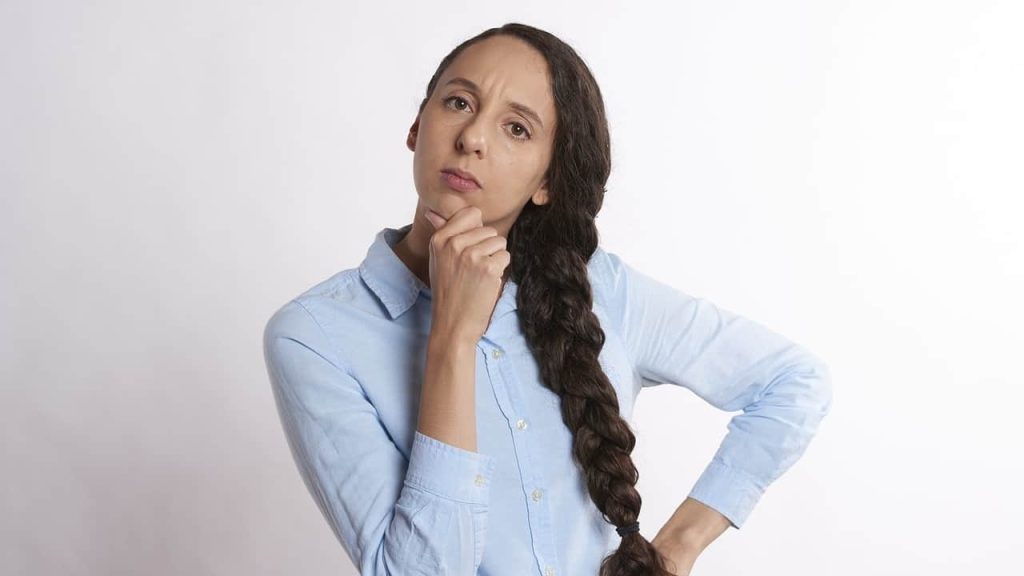The world of food assistance programs can be a little tricky, but it’s important to understand what you can and can’t buy with your EBT card. While everyone knows EBT can be used for groceries, did you know there are also EBT Eligible Non-Food Items? This essay will break down what those are and why they matter. We’ll explore different categories of items you can purchase and clarify any confusion around the rules.
What Exactly Qualifies as an EBT Eligible Non-Food Item?
Let’s get right to the point. Generally, EBT cards are not for non-food items. EBT cards are designed to help people buy food. However, there are certain exceptions for specific non-food items.

Hygiene Products: Keeping Clean and Healthy
One important category includes hygiene products. These items are considered essential for maintaining personal hygiene and health. This category is not always covered, though. It’s best to check with your local EBT office for specific regulations.
Here are some examples of hygiene products that might be EBT eligible:
- Soap
- Shampoo
- Toothpaste
- Feminine hygiene products
These products can help you stay clean and healthy. Remember, regulations can vary by state, so always check the specifics for where you live!
It’s important to note that while some items may be considered hygiene products, others might not be. For example, cosmetics and perfumes are generally not considered essential hygiene items.
Household Cleaning Supplies: Maintaining a Clean Home
Another area to consider is household cleaning supplies. This category might include items that help keep your living space clean and safe. Again, it’s important to check what’s allowed in your area.
Here’s a quick list of potential items, but double-check your local rules!
- Cleaning sprays
- Laundry detergent
- Dish soap
- Trash bags (sometimes)
A clean home can help prevent the spread of germs and keep your family healthy. However, this isn’t a universal rule. The exact items permitted can be quite specific, so it’s really important to do your research.
Some things you can NOT buy with EBT include items for your home, such as furniture, kitchen utensils or any non-consumable item.
Over-the-Counter Medicines: Taking Care of Minor Illnesses
EBT may also cover certain over-the-counter (OTC) medicines. This means you might be able to use your card to buy things like pain relievers, cold medicine, or allergy medication.
Here are some things to keep in mind about OTC medicines and EBT:
- Ask at the store: If the item is eligible, the cashier will know.
- Look for the logo: Stores often mark eligible items.
- Restrictions exist: Some states may limit which items are covered.
Being able to purchase OTC medicines can be helpful if you have a minor illness and can’t afford to see a doctor right away. Knowing the rules helps you stay healthy!
The range of approved products varies. Check with your local EBT program.
Medical Supplies: Essential for Health Needs
Medical supplies are a related category, but this usually includes items like bandages, first-aid kits, or items needed for specific health conditions.
Here’s a small look at possible medical supply items:
| Item | Notes |
|---|---|
| Bandages | Often covered |
| First-aid kits | Could be covered, check your local rules |
| Certain medical devices | Varies greatly, consult your doctor or the EBT office |
For those with medical conditions, these supplies are incredibly important. Rules on this can be complex, so confirm the eligibility of specific items before you head to the store!
Remember that the rules regarding medical supplies can be extremely strict. Often, a doctor’s recommendation or prescription is required for these purchases.
Important Considerations and Where to Get More Information
Always remember the most important thing: rules vary. What’s allowed in one state might not be allowed in another. Check with your local EBT office or visit the official website for your state’s food assistance program to get the most accurate information.
Some general tips to remember:
- Ask before you buy: If you’re unsure, ask a store employee.
- Look for signs: Many stores will have signs indicating which items are EBT-eligible.
- Keep your receipts: These can be helpful if you have any questions later.
It’s your right to know what you can and can’t purchase. Being informed is key to using your EBT benefits effectively and without any problems.
By understanding the rules, you can make the best use of your benefits and ensure you’re getting the supplies you need.
Conclusion
In conclusion, while the main focus of EBT is on food, there are also certain EBT Eligible Non-Food Items that you can purchase. These items are usually related to hygiene, household cleaning, and essential health needs. It’s important to stay informed about the specific rules in your area, as they can vary. By understanding these guidelines, you can use your EBT card effectively and ensure you and your family are safe and well.